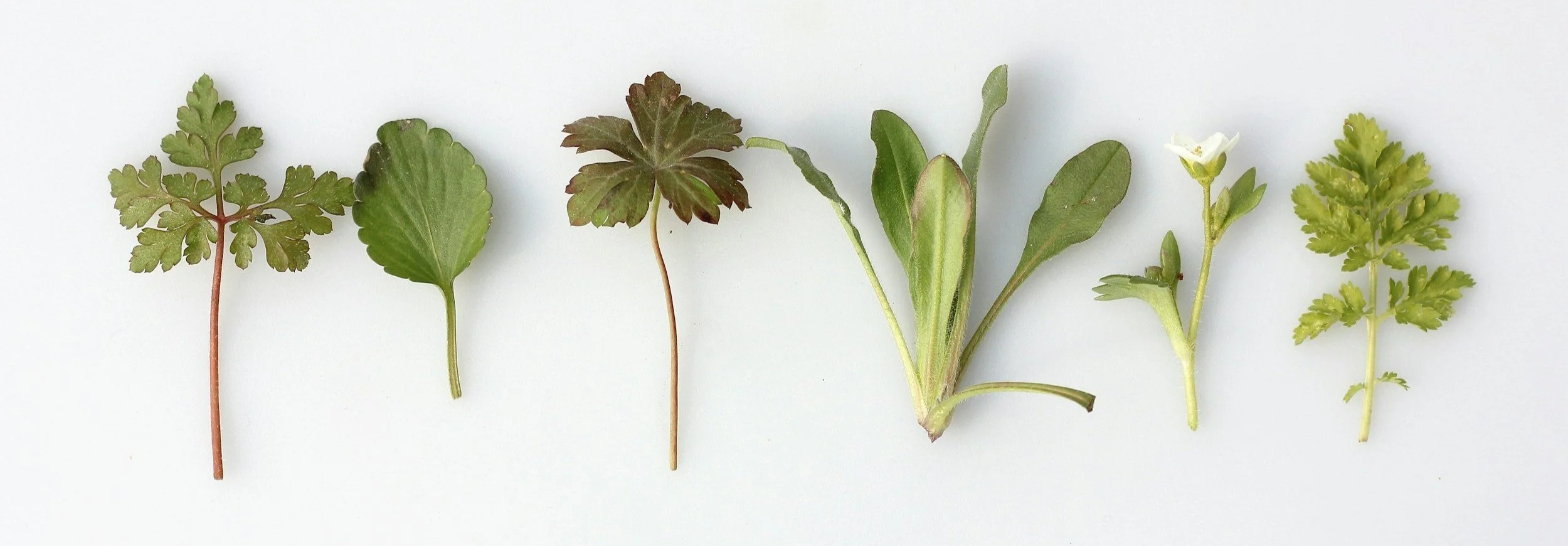Adaptogenic Herbs for Anxiety and Depression: Nature’s Stress Relievers
Have you ever noticed how stress seems to drain your energy and cloud your mood? Anxiety and depression often follow in its wake. While treatments like therapy and medication remain important, many people are also curious about natural options to restore balance. One of the most fascinating areas of herbal medicine right now is the use of adaptogens—plants and mushrooms that help the body adapt to stress and build emotional resilience.
Adaptogens are not quick stimulants like coffee. Instead, they work behind the scenes, helping your body regulate cortisol (the main stress hormone), calm an overactive stress response, and support the neurotransmitters—like serotonin, dopamine, and GABA—that keep mood and focus steady. They also reduce inflammation in the brain and protect against oxidative stress, both of which have been linked to depression and anxiety. The result? More energy, greater focus, and a steadier sense of well-being.
How Adaptogens Support Mental Health:
Cortisol balance: Prevents the highs and crashes that fuel anxiety and fatigue.
Neurotransmitter support: Encourages healthy levels of serotonin, dopamine, and GABA.
Reduced inflammation: Protects brain cells and promotes calm.
Sustained energy: Provides clarity without the jittery crashes of caffeine.
Top Adaptogens for Mood and Resilience:
Ashwagandha – Known as the “stress buster,” this herb lowers cortisol, supports serotonin and dopamine, and improves sleep quality.
Rhodiola Rosea – Often called the “energy booster,” it fights fatigue, sharpens focus, and uplifts mood.
Holy Basil (Tulsi) – A gentle “calming herb” that soothes stress hormones, balances blood sugar, and supports digestion—an often-overlooked factor in mental health.
Lion’s Mane Mushroom – The “brain booster,” famous for supporting nerve growth, memory, and resilience against depression-related inflammation.
Maca Root – The “mood elevator,” especially helpful when hormones play a role in anxiety or low mood, while also boosting energy naturally.
How to get started safely? If you’re new to adaptogens, consistency is key. They work best when taken daily over several weeks, not just occasionally. Begin with one herb at a time, pay attention to how your body responds, and always check with a naturopathic doctor before combining them with medications. It’s also important to note that adaptogenic herbs aren’t a cure-all, but they can be powerful allies for easing anxiety, lifting mood, and building resilience in a stressful world. When combined with other healthy lifestyle choices, they offer a gentle, natural path toward emotional balance.
At Brighter Balance, I design personalized herbal and naturopathic treatment plans to support both body and mind. If you’re ready to explore how adaptogens can fit into your journey toward wellness, you can book your first visit on our Scheduling Page.
References and Further Reading:
“The effect of adaptogenic plants on stress: A systematic review and meta-analysis” https://www.sciencedirect.com/science/article/pii/S1756464623002955
“The Effects of Psychobiotics and Adaptogens on the Human Stress and Anxiety Response: A Systematic Review” https://www.mdpi.com/2076-3417/15/8/4564
“Adaptogens on Depression-Related Outcomes: A Systematic Integrative Review and Rationale of Synergism with Physical Activity” https://www.mdpi.com/1660-4601/20/7/5298

